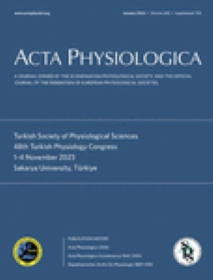Proteinuria and tubular cells: Plasticity and toxicity
Abstract
Aim
Proteinuria is the most robust predictive factors for the progression of chronic kidney disease (CKD), and interventions targeting proteinuria reduction have shown to be the most effective nephroprotective treatments to date. While glomerular dysfunction is the primary source of proteinuria, its consequences extend beyond the glomerulus and have a profound impact on tubular epithelial cells. Indeed, proteinuria induces notable phenotypic changes in tubular epithelial cells and plays a crucial role in driving CKD progression. This comprehensive review aims to elucidate the mechanisms involved in the tubular handling of proteins and explore the potential effects of proteinuria on the function of tubular epithelial cells.
Methods
This paper is a narrative review. Litterature review was performed on PubMed from its inception until 2024, focusing on the effects of proteinuria on tubular cells.
Results
The review highlights the toxic effects of plasma proteins on tubular epithelial cells through signal transduction pathways, as well as endoplasmic reticulum stress activation, oxidative stress, and metabolic alterations. Additionally, it provides an updated understanding of the dynamic phenotypic changes occurring within the nephron in response to proteinuria.
Conclusions
By examining the intricate interplay between proteinuria and tubular epithelial cells, this review sheds light on key factors contributing to CKD progression and unveils potential targets for therapeutic interventions.

 求助内容:
求助内容: 应助结果提醒方式:
应助结果提醒方式:


